When I went in for the tracheal resection I was very excited. I understood that I would need to stay in the hospital for at least 5 days to recover, and it was a serious and invasive surgery. They were going to cut into my throat, saw through my windpipe twice, and then shorten my windpipe by removing the section that contained the stenosis. Then they would sew the two good ends together. The staff talked to me seriously and asked if I understood the dangers of the surgery and possible complications that may arise. I was aware… One possibility was that my vocal chords could be damaged during the procedure. So I would have a very altered voice if this were to happen. The worse case scenario is that I could die.
I recognize now how difficult that decision was, but after everything I had been through, my fear of death seemed to be muted. I was thinking “dude, I don’t care… If it can bring my voice back… Or a voice at least, we’re doing it!” At the time, I felt like not being able to eat or talk was hardly a life worth living anyway, but I now take it back. Steven Hawking is certainly a life worth living, and he can’t talk. Either way, I’m glad that I opted in… And I’m glad that I never feared having the surgery for even a second.
I vaguely remember being asked to to count back from a hundred. The next thing I remember is waking up and having no idea if the surgery had been done. So I tried to do something that I hadn’t been able to do for months: smell. I tried to breathe through my nose and it worked!!!! It smelled of disinfectant and sickness in my recovery room, but it smelled like regaining my senses to me, which smelled amazing!
I had been waiting for this surgery since losing my ability to speak since having a tracheostomy. My mother and father came to my bed to comfort me. They would ask me questions and I’d silently mouth an answer like my friends and family had become accustomed to. The surgeon who performed the surgery, and one of my many heroes, Dr. Brett Miles, came to my bed later that day to check on me a while after my mother and father were there. Dr. Miles asked me how I was doing. “I’m ok” I mouthed. He said “Go ahead, you can talk.” I had to remember HOW to talk. It was strange. I hadn’t done it in so long… I hadn’t even tried in a month, and it was very difficult then. I just tried and I talked for the first time in months! “I’m ok” I actually spoke! I knew that these words were gonna be a milestone for my recovery, and I should have chosen them better.
I was taken to a surgical step-down unit after a few hours in the acute surgical recovery room. The surgical step down unit was a room that I shared with 5 other beds. It wasn’t what I had been accustomed to, but I was not in a place to even notice any different. I considered for only a second the idea of making friends with my neighbor in their hospital bed, then came the debilitating pain. This was not a social scenario. We were all post-surgery and in pain. I didn’t want to talk to anyone anyways. It took a lot of effort and was mildly painful to talk.
I was so happy to have a voice despite the pain. It was so nice to be able to communicate again. Even though I really didn’t feel like speaking, it felt so good to know that I could.
This period is especially foggy. I was back on the hospital food (Boost) through my PEG tube, and given a whole lot of drugs to manage the intense pain where my throat was slit, but I could feel the most pain inside of my trachea. I’ve never felt pain like that. Not that I haven’t been in more pain, but I’ve never felt pain from a cut on my windpipe. I was given Morphine and Hydromorphone mostly. At this point, I thought back to my time at Elmhurst when I was able to stop taking drugs, but now it just hurt too much. Remember that it was about a month after the fall when I decided to refuse drugs before. This was now the first few days after a very invasive surgery. The pain was too intense for me to not have something to help me tolerate it. Can you blame me? I was constantly asking for more meds and they’d tell me that they could only administer every 4 hours or something. And the smells of sickness and disinfectant, which had been such a welcome surprise earlier, were starting to bother me.
See my video about Speech-Language Pathology that I created for the NYC Long Island University Speech-Language Pathology Department. Relearning to Speak after Brain Injury – The Power of Speech-Language Pathology
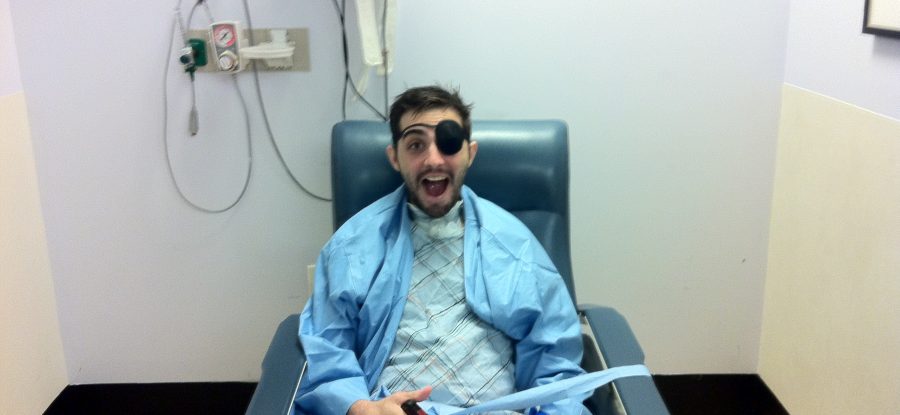
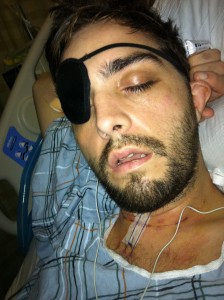
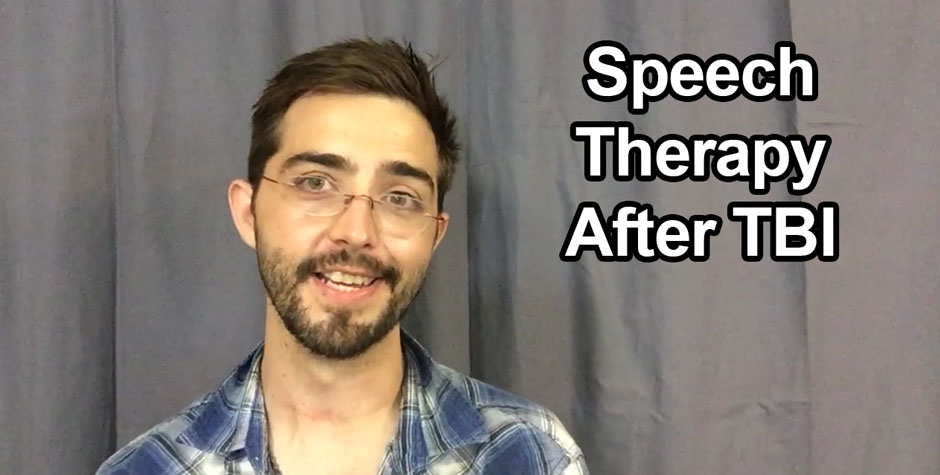


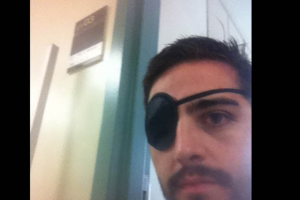
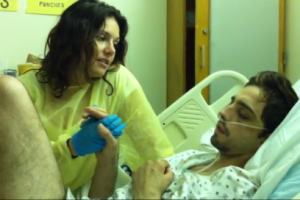
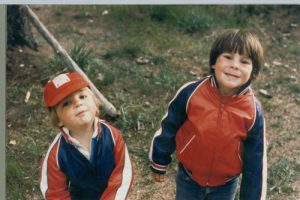

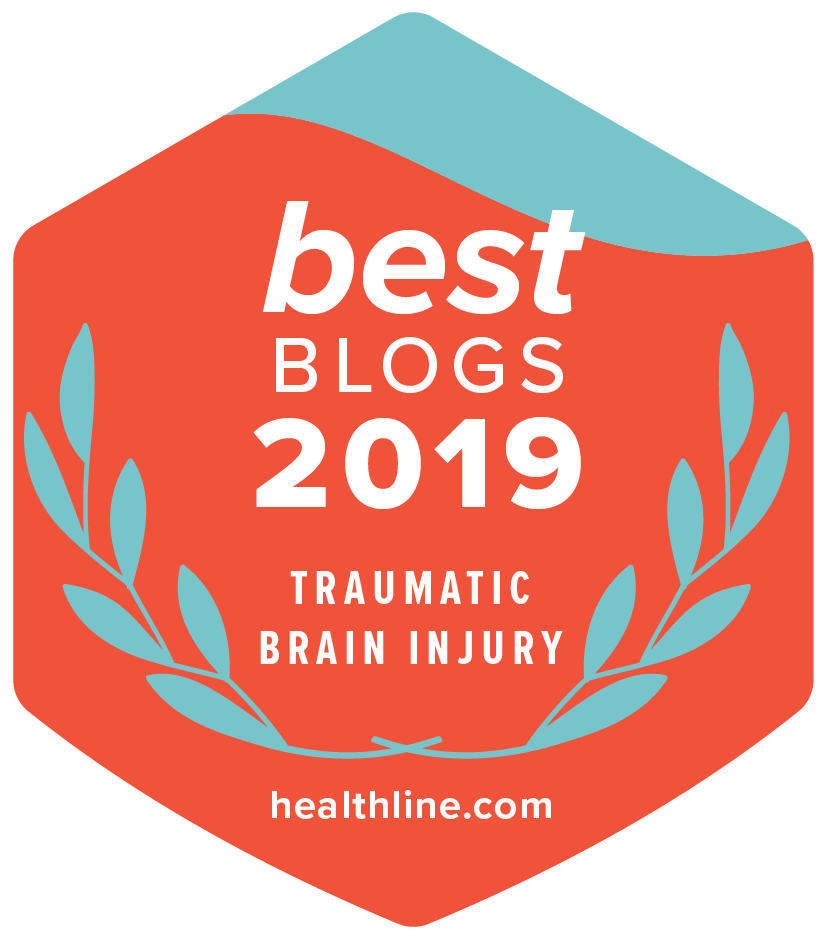

16 Comments
Leave your reply.